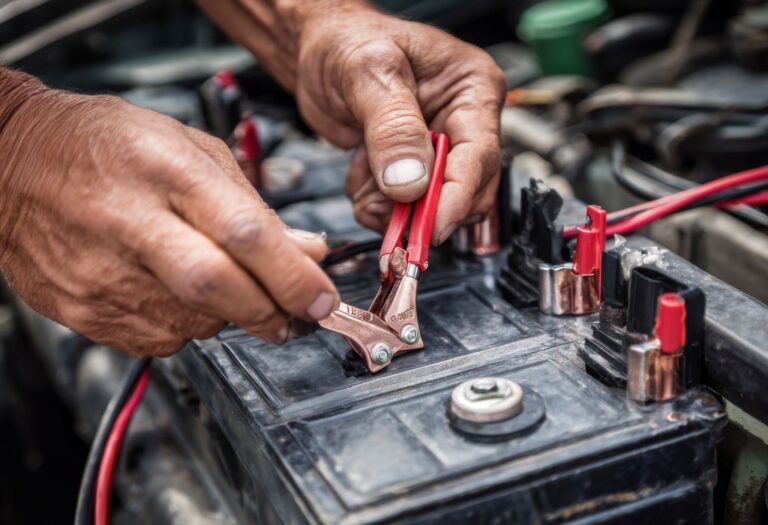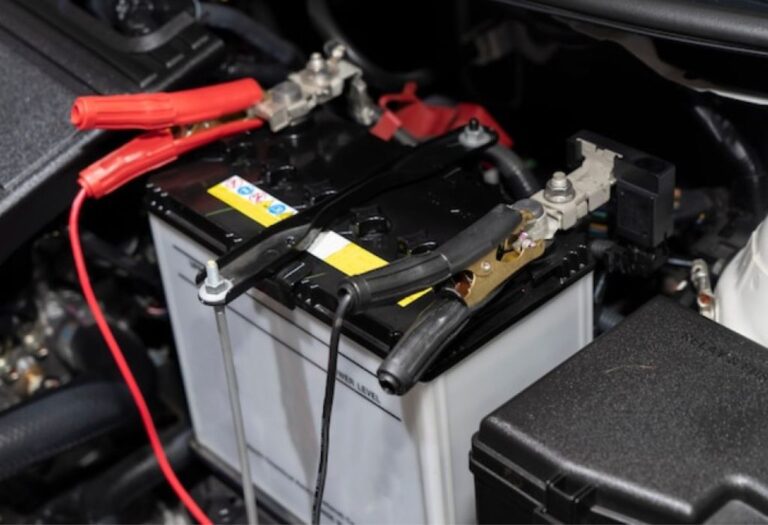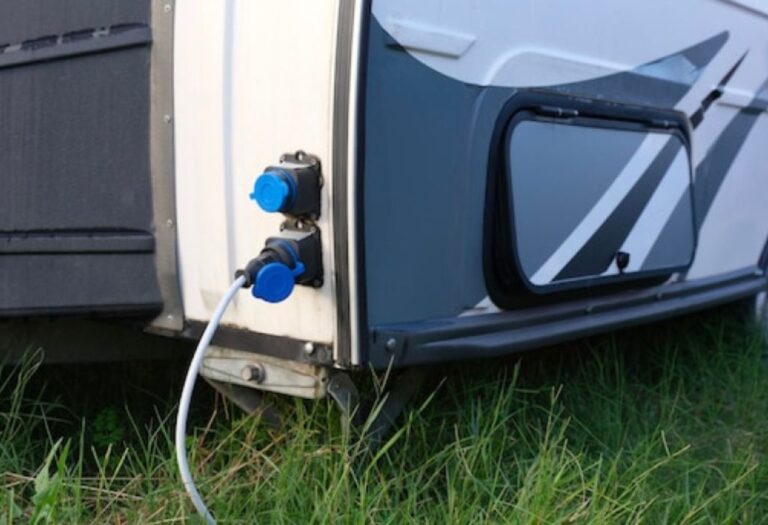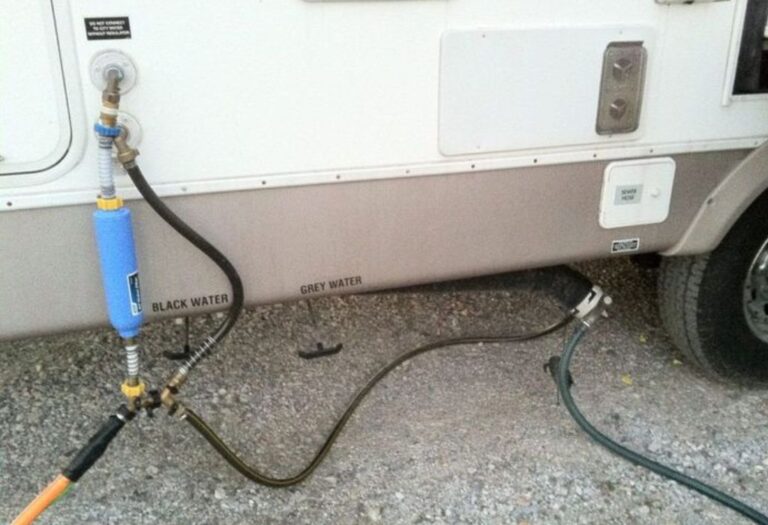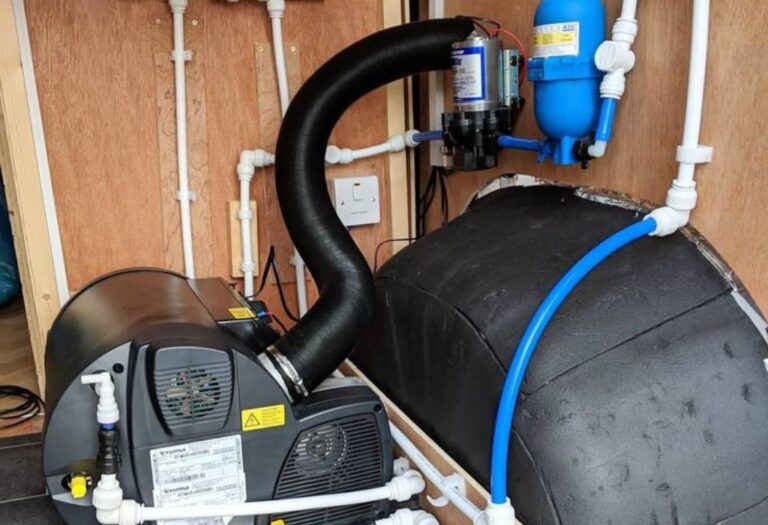Why Does My RV Water Pump Pulsate? Causes & Fix
Life on the road in an RV promises freedom, comfort, and convenience, but nothing disrupts that peace faster than a pulsating water pump.
Instead of delivering a steady stream, the pump surges on and off, leaving you with an uneven flow that’s both frustrating and concerning.
Many RV owners face this problem, especially when camping off-grid where water management is crucial.
What seems like a minor annoyance can actually point to larger issues within your plumbing system. This raises an important question: why does my RV water pump pulsate, and is it a sign of damage?
The answer lies in how the pump is designed to maintain water pressure. A healthy pump should cycle smoothly, but when flow demand is too low or the system develops small leaks, the pump overcompensates by turning on and off in rapid bursts.
According to RV industry surveys, nearly 60% of pump-related service calls are linked to pressure imbalance and improper system maintenance (RVIA).
Understanding the root cause of pump pulsation is more than just a matter of convenience. Left unchecked, it can lead to premature wear, wasted energy, and even costly replacements.
On the flip side, knowing how to troubleshoot and fix it ensures reliable water supply for showers, cooking, and cleaning while extending the lifespan of your equipment.
In this guide, we’ll explore the most common reasons why your RV water pump pulsates, how to identify the issue, and proven solutions to keep your water system running smoothly.
By the end, you’ll not only save yourself frustration but also avoid unnecessary repair costs.
What Causes an RV Water Pump to Pulsate?
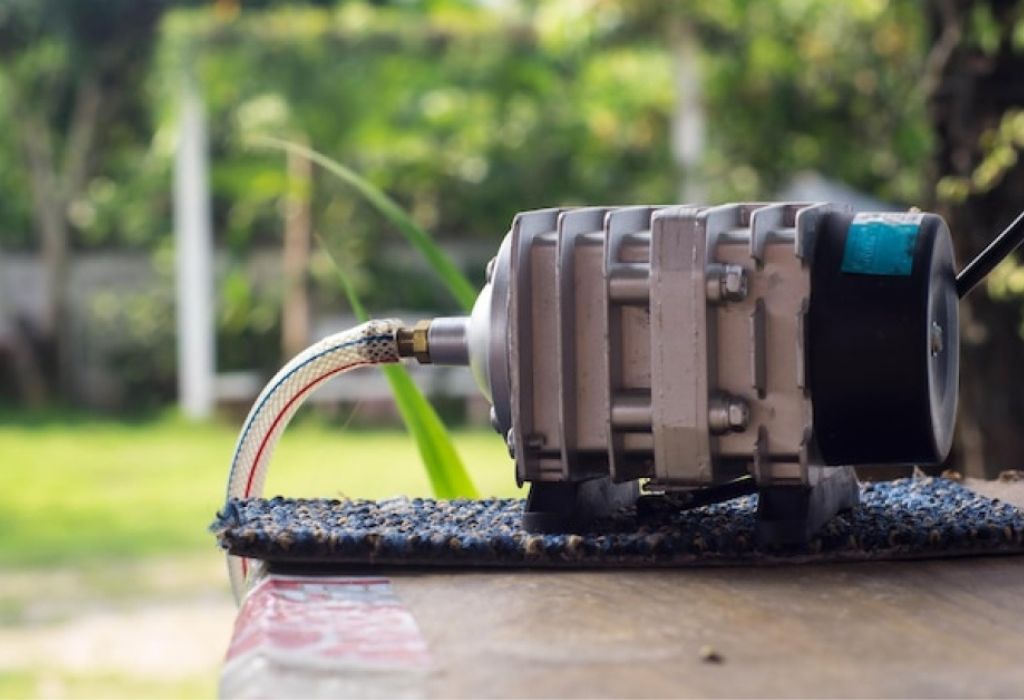
An RV water pump pulsates when the system struggles to maintain consistent pressure. Instead of steady operation, it cycles on and off too quickly.
This problem often happens when water demand is low, or the system develops pressure leaks. Sometimes, a clogged filter or failing pump parts can also create pulsation.
Why does low water demand cause pulsation?
Because the pump only needs to deliver a small amount, it keeps shutting off and restarting.
Can small leaks trigger pulsation?
Yes, even minor leaks cause the pump to lose pressure and turn on repeatedly.
Does a clogged water filter affect pump cycling?
Yes, restricted flow confuses the pressure switch, leading to pulsation.
Is the pump itself always the issue?
Not always. Often, the plumbing system or settings cause the problem.
Can air trapped in the lines cause surging?
Yes, air pockets interfere with steady water pressure and make the pump cycle unevenly.
Common Plumbing Issues Behind Pump Pulsation
Your RV’s plumbing plays a major role in how the water pump performs. Any restriction, leak, or imbalance can create cycling issues.
Clogged strainers, faulty faucets, or loose fittings are often overlooked but directly impact pressure regulation.
How do clogged strainers affect the pump?
They restrict water flow, making the pump overcompensate with bursts.
Can a dripping faucet cause surging?
Yes, even slow drips reduce system pressure, forcing the pump to cycle.
What about loose fittings?
Loose fittings allow air or water to escape, disturbing pump pressure.
Do faulty check valves contribute to the issue?
Yes, they prevent water from holding pressure, leading to constant cycling.
How does plumbing layout impact pulsation?
Long or complex pipe runs can create uneven water pressure.
Electrical and Pump Component Problems
Sometimes the root cause is inside the pump or its electrical supply. Faulty wiring, pressure switches, or worn pump diaphragms can trigger surging.
Regular inspection ensures small problems don’t escalate into full pump failure.
Can low voltage make the pump pulsate?
Yes, insufficient power prevents smooth pump operation.
How does a bad pressure switch affect cycling?
It misreads system pressure and cycles the pump too often.
What role does the pump diaphragm play?
A worn diaphragm reduces efficiency and creates surging.
Can corroded wiring cause irregular cycling?
Yes, poor connections reduce voltage stability, making the pump surge.
Do older pumps pulsate more often?
Yes, age-related wear increases the risk of cycling issues.
How to Troubleshoot a Pulsating RV Water Pump
Troubleshooting involves checking plumbing, filters, and electrical components before replacing the pump. Start with the easiest fixes first.
Step-by-step diagnosis saves time, money, and unnecessary replacements.
What’s the first thing to check?
Inspect for leaks and drips in faucets and fittings.
Should you clean the water filter?
Yes, always clean or replace clogged strainers and filters.
What if tightening fittings doesn’t help?
Move on to inspecting electrical connections and switches.
Can adjusting pump pressure help?
Yes, adjusting the pressure switch can reduce surging.
When should you replace the pump?
Only after ruling out plumbing and electrical issues.
Best Fixes for RV Water Pump Pulsation
Once the cause is found, applying the right fix restores smooth water flow. Many solutions are simple and inexpensive.
Some fixes also extend pump lifespan and reduce power consumption.
How do you fix low demand cycling?
Install an accumulator tank to balance pressure.
What if the filter is clogged?
Clean or replace the filter to restore normal flow.
How to fix electrical voltage drops?
Tighten wiring, clean terminals, and check the RV battery.
Can adjusting the pressure switch solve it?
Yes, fine-tuning prevents rapid cycling.
What if none of the fixes work?
Consider replacing the pump with a newer, more efficient model.
Preventing RV Water Pump Pulsation
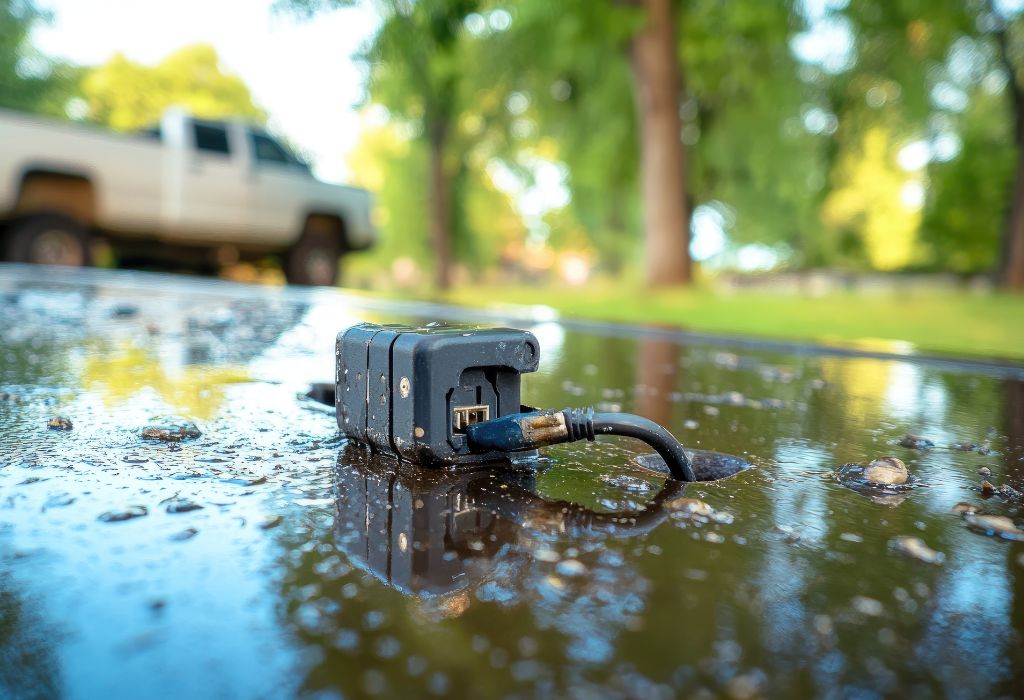
Prevention is always better than repeated repairs. Regular maintenance keeps your RV water system reliable.
Simple habits ensure steady flow and reduce long-term costs.
How often should filters be checked?
Inspect and clean them monthly during travel season.
Is it good to run the pump dry?
No, running dry damages the diaphragm and causes surging.
Can winterizing affect pulsation prevention?
Yes, proper winterization avoids air pockets and cracked lines.
Should you inspect fittings often?
Yes, tight fittings prevent leaks and pressure loss.
Does an accumulator tank help long-term?
Yes, it keeps pressure balanced and reduces cycling stress.
Conclusion
A pulsating RV water pump can be frustrating, but it’s usually caused by small plumbing, electrical, or pressure issues. Addressing leaks, cleaning filters, and maintaining proper voltage often solves the problem.
For long-term reliability, consider adding an accumulator tank and performing regular system checks. With the right care, your RV water pump will deliver smooth, steady performance, keeping your adventures on the road stress-free.
I’m David R. Coleman, the founder, lead writer, and lifelong tool enthusiast behind GarageToolPro.com. With years of experience in automotive repair, woodworking, and home DIY projects, I created this platform to share practical tips, detailed tool reviews, and step-by-step guides that help mechanics, hobbyists, and homeowners get the job done right the first time.

